Whether severe or not, increased anxiety during storms might stem from a previous unpleasant encounter with weather or a sense of being out of control during these situations.
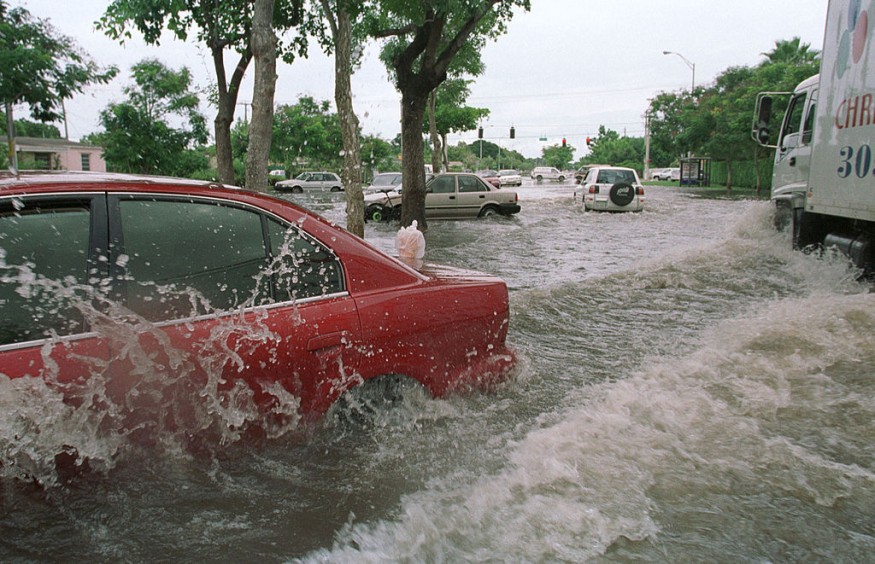
Storm Anxiety
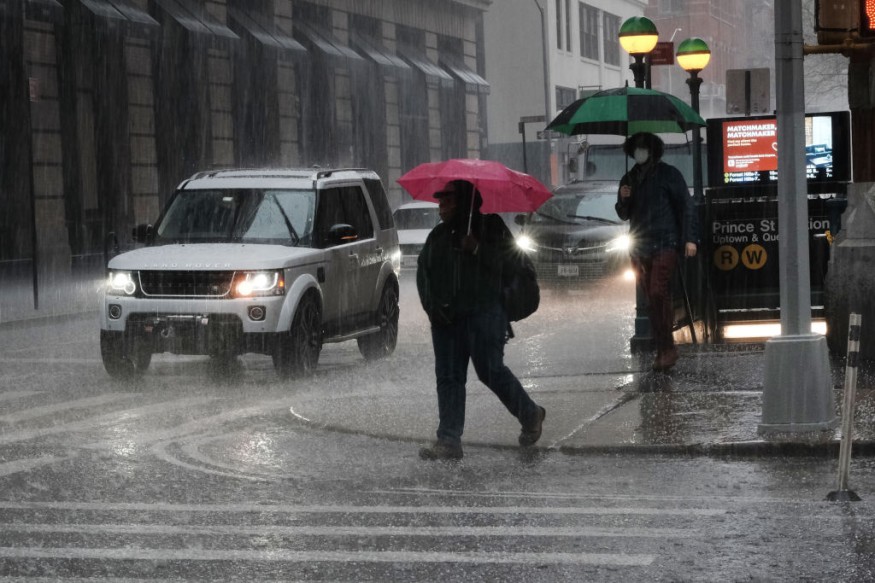
For a good reason, anticipating the advent of a hurricane, tornado, blizzard, or any other catastrophic event causes worry and worries among those who live in its path.
Natural catastrophes cause enormous disruptions in people's lives, including physical and mental health issues and substantial economic obstacles. The constant news about a storm's impending approach may exacerbate your worry, tension, and terror.
"The reality is that storms can be very frightening, and if you've had a traumatic experience in your life, it could be frightening for anyone," says Michael Lewis, a meteorologist with the National Weather Service in Northern Indiana. "It doesn't have to be a child. It can be a young adult. It can be an older adult." We have all kinds of people that contact us."
According to Rebeca Riley, Clinical Services Director at Bowen Center, one of the best ways to feel in control is to establish a plan for when active weather occurs that helps you feel protected. It's critical to strike a balance between obeying the warnings and mother nature while remaining calm.
Here are some strategies for motivating yourself and gaining control over your weather phobias:
Prepare
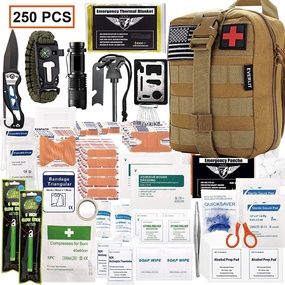
When storms are approaching, planning ahead of time - thinking about where you'll seek shelter, making sure you have several means to acquire weather alerts and information, and having a plan for you and your family - may help minimize your worry and stress levels. Planning and planning give you control over your circumstance and might make storms seem less frightening.
Have a Concrete Plan
Make a strategy for your and your family's protection. Figure out where you'll seek refuge if a tornado strikes on a beautiful day with no storms in the forecast. Make a plan to get yourself, your family, and your pets to that secure location. Prepare a safety kit with the materials you'll need if you have to seek refuge. Make a plan for how you and your family will communicate if you lose power, phone service, cable or satellite service, mobile service, or internet access. Prepare a communication strategy if you are separated.
Remaining Calm
Consider what causes you the greatest anxiety when it comes to extreme weather. It's the sound of thunder, the flashes of lightning, or the roar of the winds for some individuals. For others, it's the fear and uncertainty of what may happen to them or their loved ones. This can assist you if there is anything you can manage that makes your concerns worse.
Learn About Storms
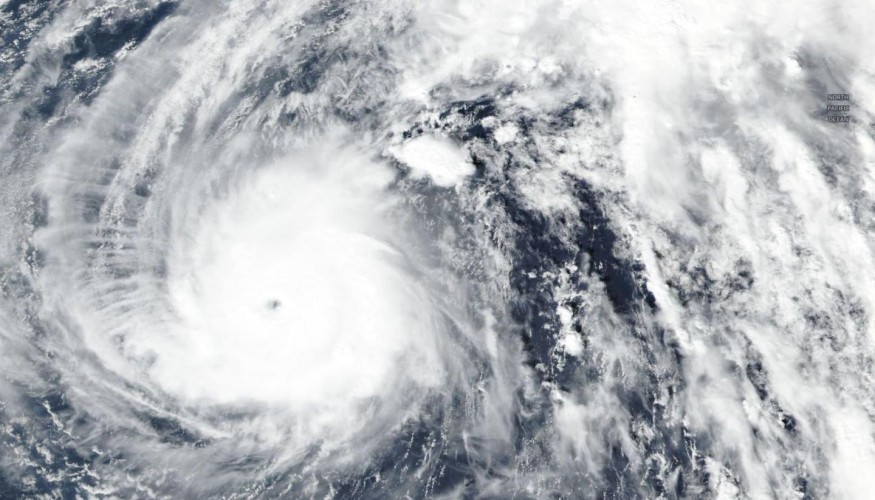
Find out more about storms. Learn how they're forecasted and what the phrases "watch," "warning," and "advisory" entail. Learn about the science behind severe weather forecasts by following the National Weather Service's severe weather outlooks and projections online. Learn more about tornadoes and severe storms by attending a free NWS storm spotter training program.
Filter Information
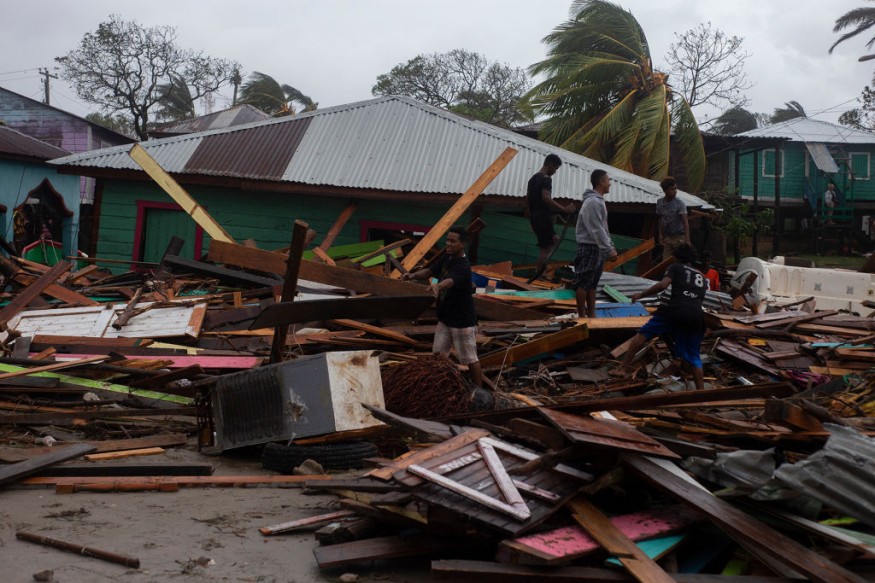
When severe weather is expected, many individuals who are terrified of storms want all the information they can get their hands on. There are several sources of weather information available on social media. Some are official sources, such as the National Weather Service, your favorite TV station or local TV meteorologist, or your community's emergency management or public safety authorities. These are typically good locations to acquire weather information. A tiny fraction of social media forecasts leans toward the extreme or worst-case scenario in severe weather forecasting. If you're worried about storms, they might make matters worse.
Also Read : Powerful Thunderstorms in the Mid-West Can Cause Winds as Strong as Category 2 Hurricane, Forecasters Warn
For more climate and weather updates, don't forget to follow Nature World News!
© 2025 NatureWorldNews.com All rights reserved. Do not reproduce without permission.





